
“Past Lives” is a heartfelt tale of love and fate that explores deep emotional connections across time and space. From the first moment, the film draws viewers into an intimate story about choices, identity, and relationships. Directed by Celine Song, the narrative follows Nora and Hae Sung, childhood friends whose paths diverge but remain intertwined. The film artfully depicts the lingering “what ifs” in life and the impact of fate on human connection.
To begin, the story sets its foundation in South Korea, where Nora and Hae Sung share a close friendship. When Nora’s family emigrates to Canada, their bond is severed, but it remains vivid in their memories. Years later, technology bridges the gap, allowing them to reconnect and reignite their deep bond. This turning point introduces themes of longing, nostalgia, and the complexity of relationships, which remain central throughout.
Transitioning into adulthood, both Nora and Hae Sung wrestle with the choices that define their lives. Greta Lee as Nora delivers a stunning performance, balancing strength and vulnerability with precision. Similarly, Teo Yoo as Hae Sung embodies steadfast sincerity, making their chemistry authentic and deeply moving. Their interactions brim with unspoken emotions, making every moment feel profound and relatable.
Adding complexity, the character of Arthur, Nora’s husband, portrayed by John Magaro, brings an unexpected perspective. His presence highlights the layers of modern relationships, emphasizing trust, vulnerability, and personal growth. This dynamic creates a compelling narrative triangle without resorting to conventional tropes.
Visually, “Past Lives” shines through its stunning cinematography, which contrasts bustling New York City with tranquil South Korean settings. These visual transitions symbolize the duality of Nora’s life, caught between two worlds. The meticulous framing of each scene elevates the emotional impact, creating an unforgettable viewing experience.
In terms of cultural depth, the film introduces the Korean concept of “In-Yun,” which reflects the idea of interconnectedness across lifetimes. By weaving this philosophy into the story, Celine Song adds a layer of spiritual significance. The concept enriches the narrative, giving audiences an introspective lens through which to view the characters’ bond.
Moreover, the pacing of “Past Lives” is deliberate, using moments of silence to highlight unsaid emotions. These quiet interludes offer time to process the characters’ struggles and decisions, making the story resonate deeply. The dialogue, though sparse, is purposeful, each line carrying weight and significance.
The film’s soundtrack, composed by Christopher Bear and Daniel Rossen, perfectly complements the narrative. The blend of traditional Korean melodies and modern arrangements evokes emotions subtly yet powerfully. This auditory experience enhances the themes of nostalgia and yearning, leaving an indelible impression.
What sets “Past Lives” apart is its exploration of universal themes like love, identity, and the impact of time. The story’s authenticity and emotional depth make it accessible to a broad audience. It does not rely on grand gestures or dramatic twists but finds beauty in the ordinary moments of life.
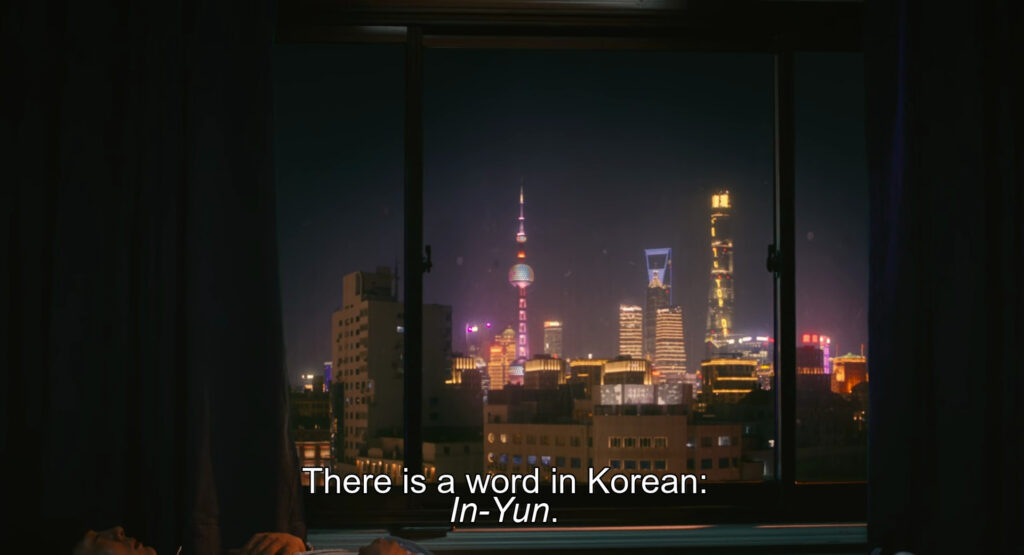
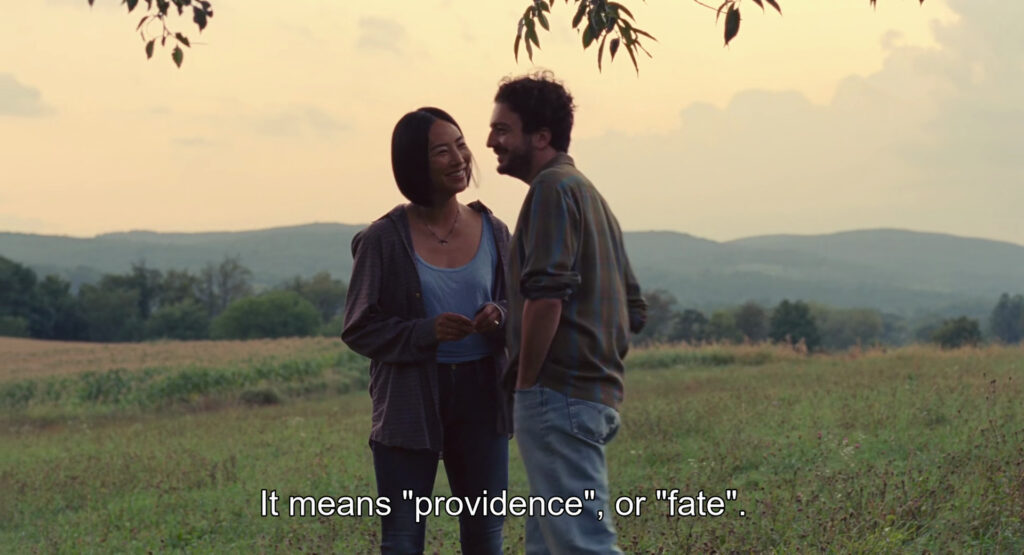
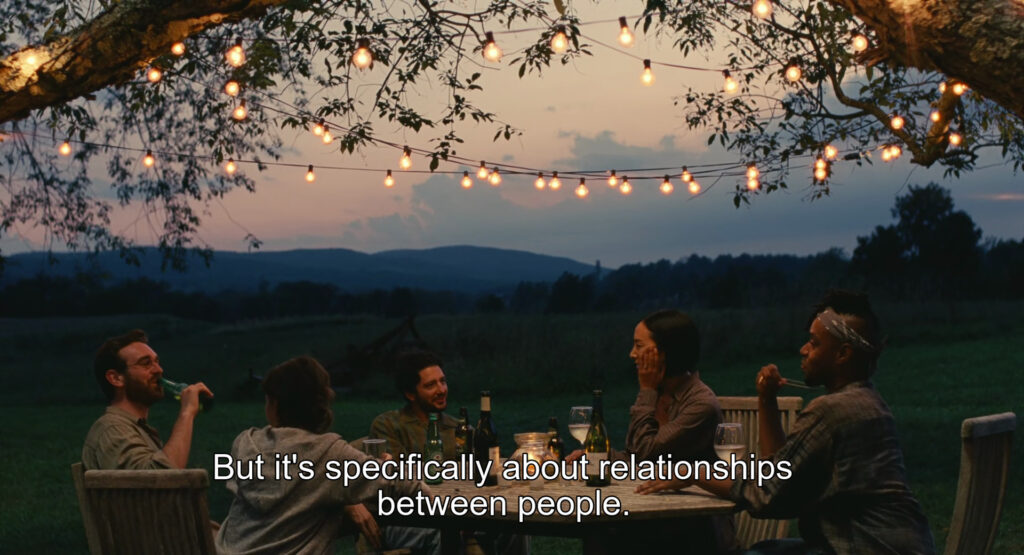
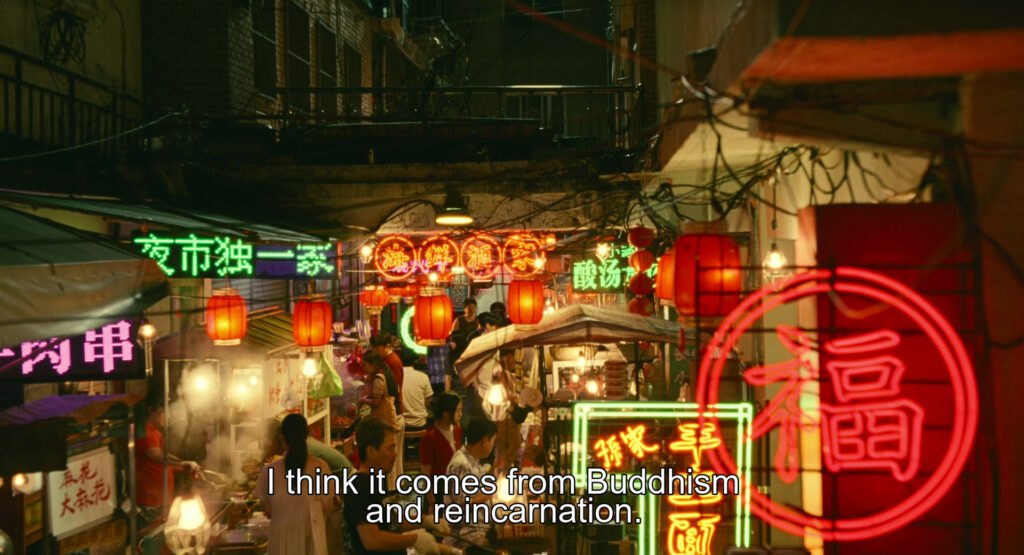
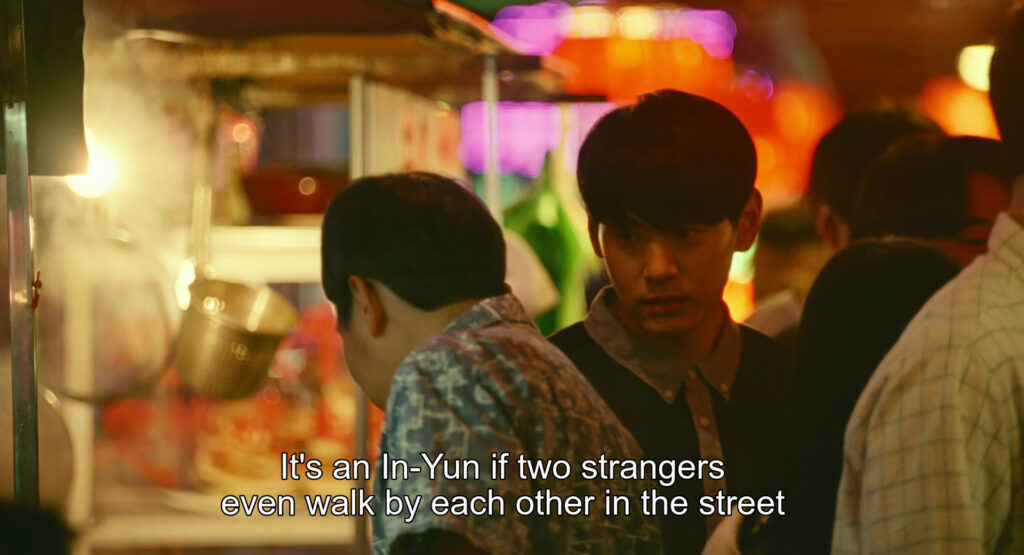
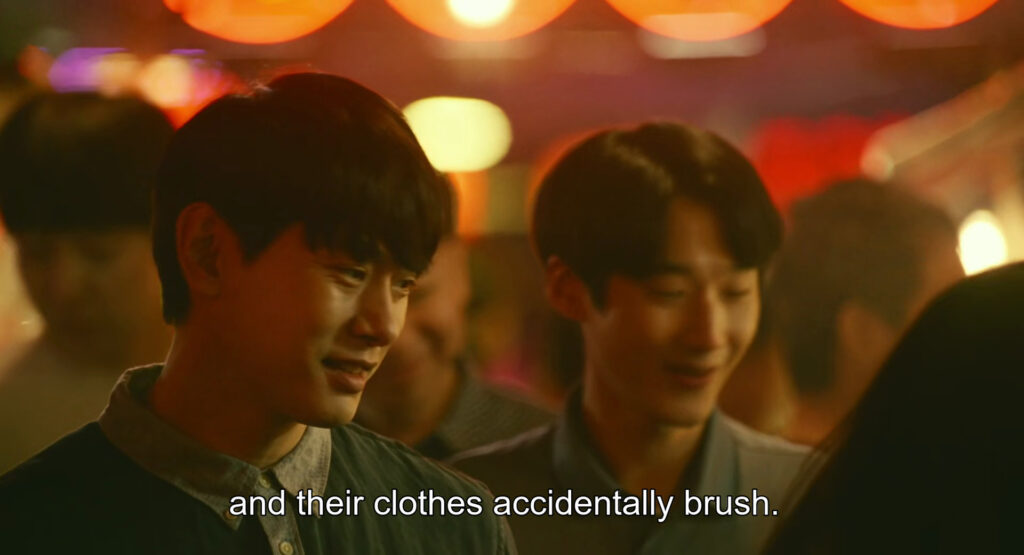
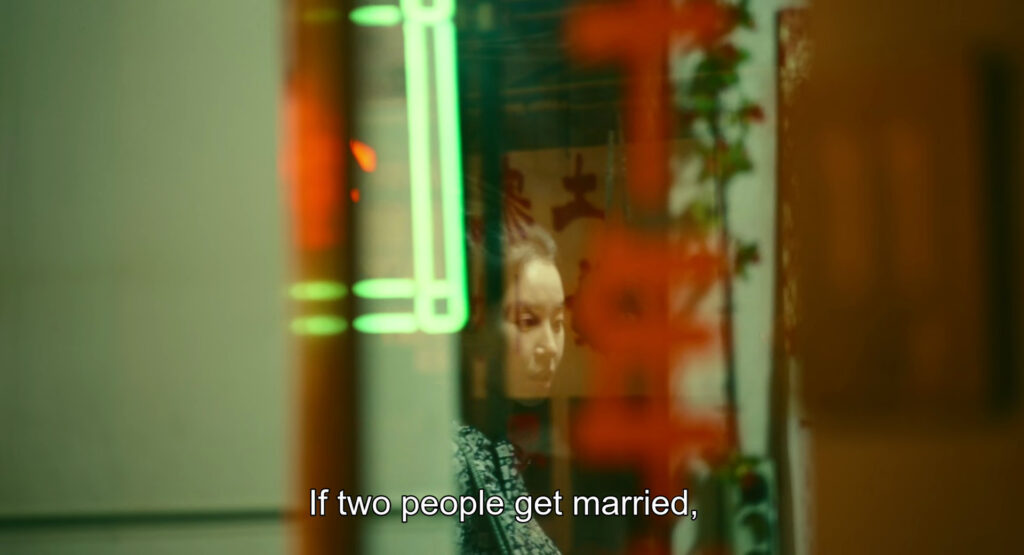
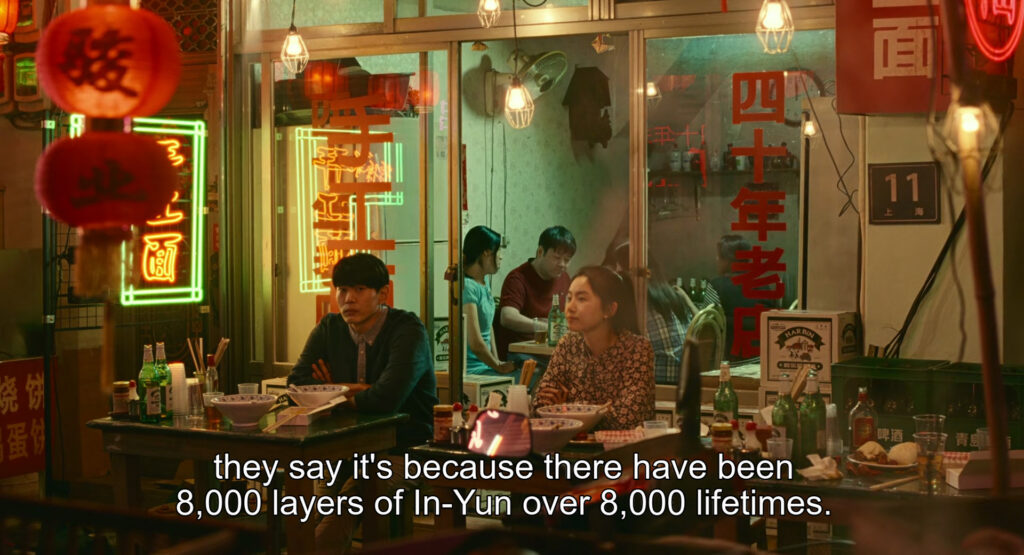
In conclusion, “Past Lives” is a cinematic triumph, offering an honest portrayal of human connection. By embracing ambiguity, it allows viewers to draw their own interpretations, adding to its timeless appeal. This is not just a film about love but about the intersections of fate and choice, reminding us of life’s fragility and beauty.
For anyone seeking a poignant, introspective film, “Past Lives” is an unforgettable experience. It will leave you reflecting on your own life, choices, and the connections that define your journey.
